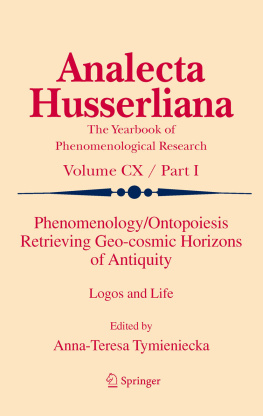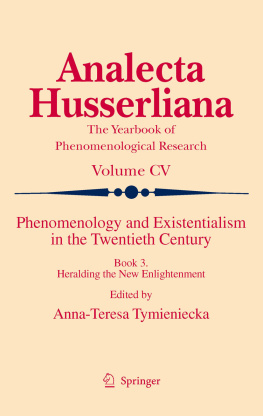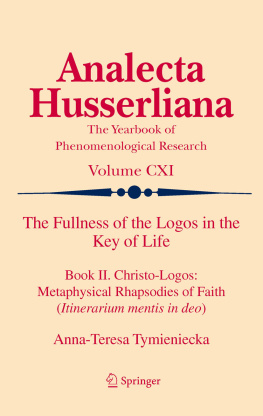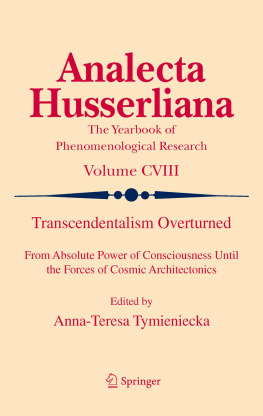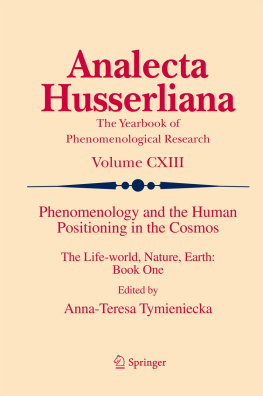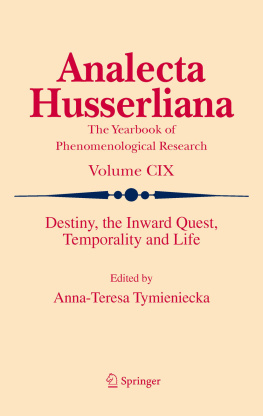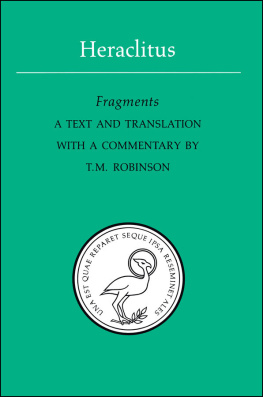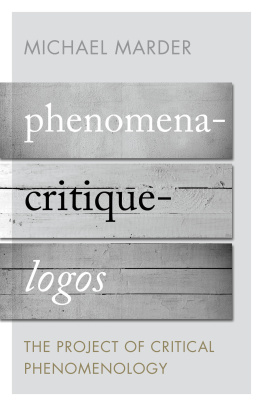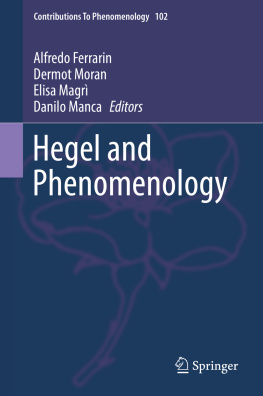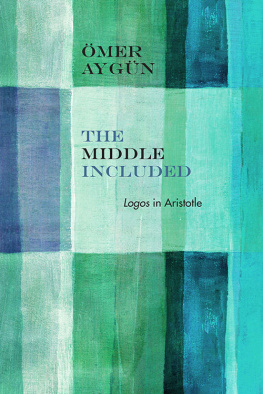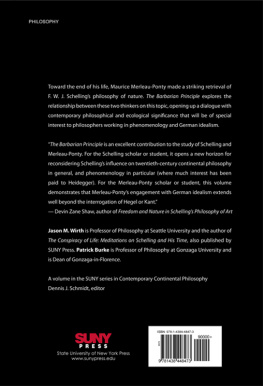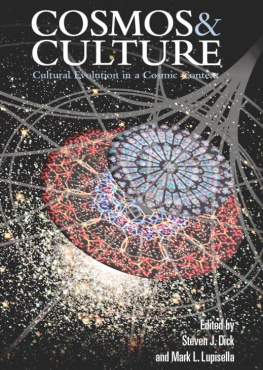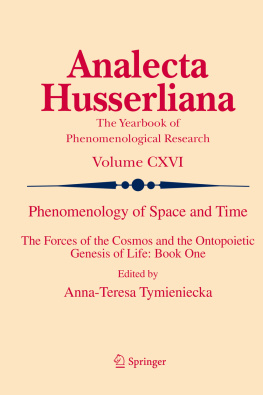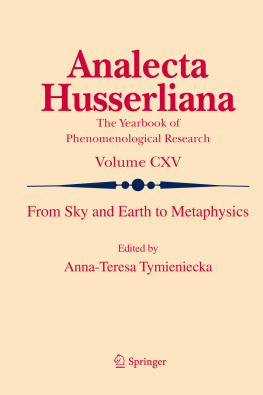Heraclitus. The Primogenital Philosophical Issues of Flux Versus Stasis
We may say that the first Greek philosophers, in arriving at the basic insights into nature, reality, knowledge, arrived basically at insights revealing flux versus stasis to be the ground issue of reality. Philosophers such as Thales, Anaximander, Anaximenes, etc. pondered three main questions. First of all, there was the question of what might be the first generative elements of reality, with the stress here on flux followed by stability. The second great question concerns the composition or arrangement of elements in ceaseless transformation. Third, there is the question, given that flux is the principle of becoming, by what media is the flux brought to a stability?
Heraclitus, as we know, in flourishing at the end of the Fifth Century, was naturally introduced to these three enigmas at the origin and heart of reality by his contemporaries. But unlike his contemporaries Anaximander and Anaximenes, his was not simply the scientific attitude of the School of Miletus but also a flair for poetic artistry and a seers wisdom.
Strongly influenced by Anaximander, who pioneered in viewing the cosmos in terms of the play of natural powers, forces, and qualities, with these being involved in the constant interactions of the aggression and counter-aggression of opposites, Heraclitus, while following this intuition, apprehended it in symbolic terms. And unlike Parmenides, who emphasized the being that the cosmos manifests, Heraclitus emphasized the everlasting change in which the cosmos is caught up. In contrast to his contemporaries, who attempted to grasp the order in the indisputable flux, change, and transformation by basing the cosmos in more fundamental elements such as earth, air, water, and fire, he symbolically singled out fire as the fundamental elementin contrast to Thales, who had chosen water, and Anaximenes, who had chosen air, with both of these seeing these as physical elements.2
As a matter of fact, with the first sentence opening the scant collection of the fragments preserved in his only book, Heraclitus comes out as a seer issuing a call to all human beings, Listen to the Logos!
(a)
Now, Heraclitus understanding of the logos was strikingly different from that common among his contemporaries. Logos was seen by him as the rational, the true account of the nature of things, but this account in his understanding calls for the discovery of what things are, because nature likes to hide itself. That is to say, discovery of the logos means the revelation of an independent, objective state of affairs. This account/report is a language, or a speech, and the author has to formulate it for himself, according to his enlightenment. What Heraclitus seeks is, in fact, an inherent state of affairs. What is meant in the linguistic garb is that which is independent o f any account. Only when in an enlightenment do these two understandings come together, do we reach the complete sense of the logos.
(b)
It is this view on true nature that strikes the stringent chord in the harmony in the disharmony of All. Flux remains an everlasting state of All, but this harmony perdures in this transformation. The most striking expression in Heraclitus philosophical milieu, one characterizing his teaching universally is panta rei : all things.
One cannot step into the same river, nor can one grasp any mortal substance in a stable condition, other and still other waters flow upon them; nor can one grasp any mortal substance in a stable condition. But it scatters and again gathers; it forms and dissolves, and approaches and departs.(So quoted in Plutarch.) In brief, It rests by changing.
In these fragments is stated the crucial insight into the nature of everything. Countering the fleeting nature of everything is a universal order that captures it (whether this order be derivable from the physical forces of the oppositesas it was for earlier Greek philosophers of natureor by a symbolic permanence in the changing fire). It is the logos which sustains the order of change and repose.
(c)
Heraclitus conceives of the logos, and of the illumination that it yields for the recognition of the deepest level of things and nature, as the underlying unity of the life of the cosmos and human life. Deeply influenced by the Miletian philosophers involved in astronomical investigations, he apprehends the question of the nature of the logos as a question concerning man and the cosmos interchangeably.

